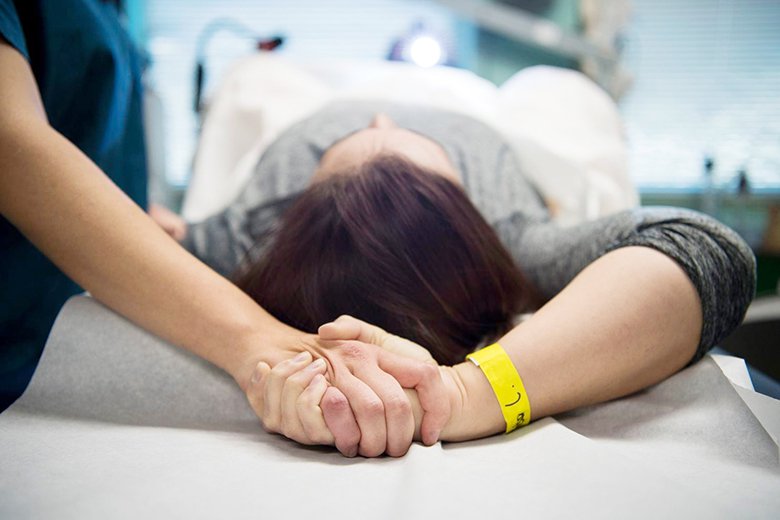Yes, you can have sex after an abortion, but the timing and considerations may vary based on individual circumstances and the type of abortion procedure. Both physical and emotional factors should be taken into account, and it’s essential to follow medical advice for a safe and healthy recovery.
- Physical Recovery: The first consideration after an abortion is the physical recovery of the individual. The recovery time can vary depending on the type of abortion procedure—medical or surgical—and individual health. Generally, it is advisable to wait until any bleeding or discharge has stopped, and the individual feels physically comfortable before resuming sexual activity.
- Medical Guidance: It is crucial to follow the guidance of healthcare professionals. They will provide specific recommendations based on the individual’s health, the type of abortion, and any other relevant factors. Post-abortion care often includes a follow-up appointment during which the healthcare provider can assess the individual’s physical well-being and answer any questions about resuming sexual activity.
- Contraception: After an abortion, it’s important to discuss and plan for contraception. The individual may be fertile soon after the abortion, and the risk of pregnancy can return quickly. Healthcare providers typically discuss contraceptive options and may recommend using barrier methods or other forms of birth control to prevent unintended pregnancies.
- Emotional Well-being: Emotional readiness is just as important as physical recovery. Some individuals may feel emotionally ready to resume sexual activity soon after an abortion, while others may need more time. It’s crucial to communicate openly with a partner about emotional well-being and to seek support if needed, whether from a healthcare provider, counselor, or trusted friends and family.
- Communication with Partner: Open and honest communication with a sexual partner is key. Both individuals should feel comfortable expressing their feelings, concerns, and expectations. Understanding and respecting each other’s emotions are crucial for a supportive and healthy sexual relationship post-abortion.
- Individual Comfort: Each person’s experience with abortion is unique, and there is no one-size-fits-all timeline for resuming sexual activity. Some individuals may feel physically and emotionally ready sooner, while others may need more time. It’s essential to prioritize one’s own comfort and well-being.
- Awareness of Complications: While complications after abortion are relatively rare, individuals should be aware of signs of infection or other issues. Any persistent pain, heavy bleeding, or unusual symptoms should be reported to a healthcare provider promptly.
In conclusion, resuming sexual activity after an abortion is a personal decision that involves both physical and emotional considerations. It’s crucial to follow medical guidance, communicate openly with a partner, and prioritize both physical recovery and emotional well-being. Seeking support from healthcare professionals, counselors, or support groups can be beneficial during the post-abortion period.
Ultimately, individuals should make decisions based on their unique circumstances and feelings, taking the time they need for a healthy recovery. If there are concerns or questions about resuming sexual activity after an abortion, consulting with a healthcare provider is always advisable for personalized guidance and support.

